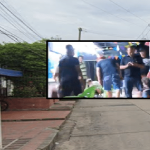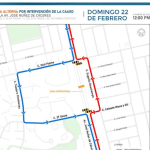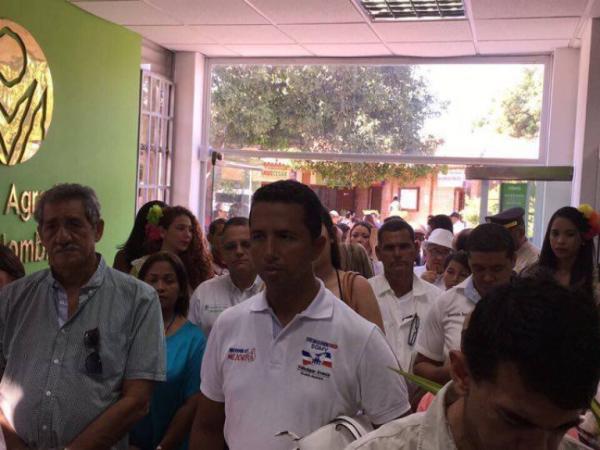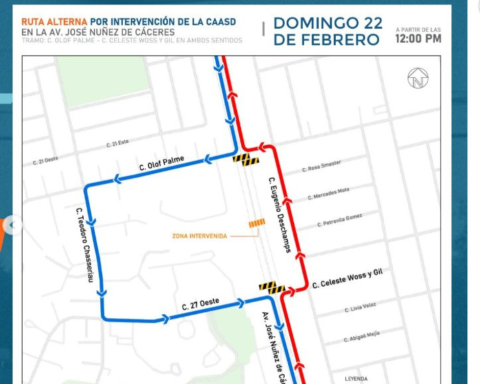
October 11, 2024, 3:00 AM
October 11, 2024, 3:00 AM
October 13, Lawyer’s Day in Bolivia, is a favorable date to reflect on being a lawyer, on the essence that embodies the “soul of the toga.” This symbol, which covers the legal professional, transcends the simple garment. The toga is the embodiment of a vocation that demands righteousness, honor and commitment to justice.
The “soul of the toga” is connected with a philosophical ideal, that of the defender of what is just. In a world full of contradictions, the lawyer is called to be more than a legal technician: he is, in essence, a mediator between human conflicts and just solutions. He is a navigator among the turbulent waters of norms and ethics, of laws and equity. However, this navigation is not easy. The toga is a constant reminder of the responsibility one assumes when seeking the balance between what is legal and what is fair.
In the Bolivian context, the challenges for the lawyer are multiple and complex. One of the most pressing problems is corruption within the judicial system. A lawyer in Bolivia faces not only the interpretation of the laws, but also the constant fight for transparency and equity in a system that often falters in the face of particular interests or political pressures. Judicial independence becomes, then, a utopia for which the lawyer must fight, because without impartial judges there can be no true justice.
Another great challenge is the procedural slowness. In Bolivia, judicial processes are often endless, which not only generates discontent, but also fuels distrust in the judicial system. Here, the lawyer must be a true architect of time, seeking creative and efficient solutions to prevent temporary wear and tear from demoralizing his clients or harming the fairness of the decisions.
Social inequality, furthermore, is a latent challenge. A lawyer cannot lose sight of the fact that in Bolivia there are deep gaps between those who can access adequate defense and those who, for economic or social reasons, cannot do so. In this scenario, the lawyer has the ethical obligation to fight for equitable access to justice, preventing structural inequalities from being reproduced within the legal system.
The “soul of the toga” also implies continuous training, not only in terms of technical knowledge, but in the construction of a solid ethic that allows us to resist the temptations of power, fame or excessive profit. Law is, ultimately, a vocation to serve the common good, where each case is an opportunity to affirm the values of equity and justice.
In conclusion, being a lawyer in Bolivia at this time means facing systemic challenges, but also deep ethical dilemmas. The toga is not only a symbol of power or authority, it is a sign that, beyond the domain of law, the lawyer has the mission of contributing to a more just society.

















